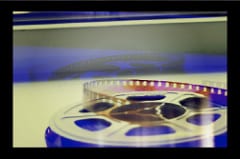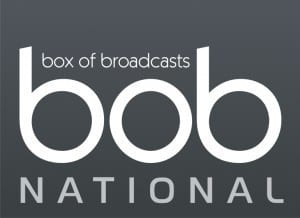Learning on Screen: copyright training
By Hazel M Ingrey, on 17 February 2022
We often have questions around using audiovisual works in teaching or research and, whilst we are always very happy to help you with specific questions, if you regularly work with audiovisual material it can be helpful to find out more so you can re-use or create with more confidence in future.
Learning on Screen (formerly the BUFVC) specialise in moving image in education. Their online training course ‘Copyright and creative re-use in Education’ has new dates added for March and April 2022. As they describe it:
‘This course will explore the main copyright issues related to lawfully accessing, using and producing audiovisual works in educational settings. Primarily aimed at teachers, students, academics, researchers, librarians, and other people dealing with audiovisual works in education, this course will help attendees understand the conditions under which audiovisual works can be used lawfully for educational purposes; and how mash ups and other derivative works can be created and exploited within and beyond educational settings. In particular, the course will address the challenges posed by copyright law in relation to moving to online teaching.’
UCL is a member of Learning on Screen so chose the discounted option if you choose to book! This course can also be booked for an institution or department.
If you have a different copyright training topic in mind that would help your department or group of students, do get in touch with UCL Copyright and we will tailor training to suit you!
 Close
Close





